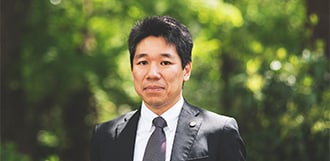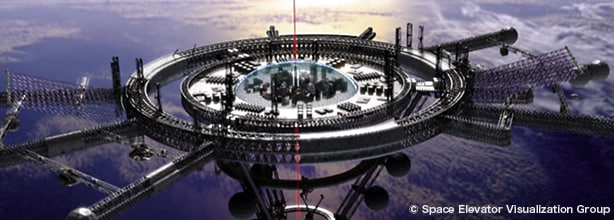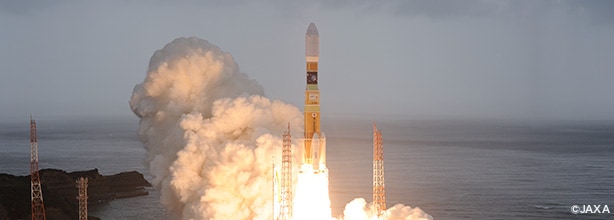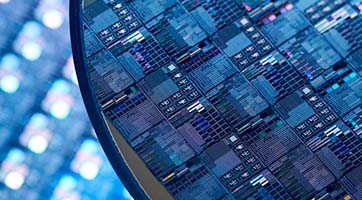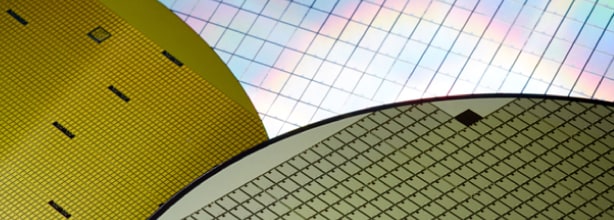
- Semiconductor Technology Now
Expert Interview
Ramifications of Technology in an Automated World of 5G Sensors
October 31, 2017

We all know technology has brought efficiency into our lives, but do we have a clear picture of what technology really is? Throughout his career, Kevin Slavin has constantly sought to visualize what's invisible. His unique view that technology plays a much larger role than just facilitating and optimizing things has caught people's attention. He claims that cultural activities serve the purpose of enhancing the social value of science and technology, and that technology is now making us perceive human beings as an aggregate of all their parts, including gut biomes. He also predicts that in the coming 5G age, each of us will become de facto sensors of everything that happens around us, producing most intriguing outcomes.
Telescope Magazine: Since early on in your career, you've pushed the envelope of what technology can do in the realm of artistic expression, mainly by attempting to visualize the invisible matrix of technology.
Technology is an inherently hidden or invisible structure, but you have successfully visualized some of the structures through artistic approaches. You also turned technology from something purely functional into an exciting experience using the context of a game.
Back in 2004, for example, you invented a game incorporating GPS that was still a brand new technology. It preceded location-based games like Pokémon Go by more than a decade. My question is, why the obsession with visualizing the invisible? Is it because you want to express the existence of technology itself, or do you wish to transform the way technology is?
Kevin Slavin: That's a very good question. What I would say is that some of the invisible systems that I'm interested in are made by humans and some of them are made by nature. And either way, I think that the systems that I grew up with are wholly inadequate in terms of describing the world. The basic principles of physics and materiality, in fact, are an inadequate lens on the lives that we lead.
Telescope Magazine: In what way are they inadequate?
Kevin Slavin: For one thing, because everything is computational now, computation impacts and shapes everything that is made. And everything that is made out of atoms is affected by things made out of bits. It's binary, sometimes in extreme ways and sometimes in tiny ways.
But it's also true that we're beginning to understand life in a way that is very different from the visible organism. The advances in optics that were made 100-150 years ago allowed us to see smaller and smaller things, but with the introduction of computational genomics,*1 we can now see things that can't be seen with any optical means.
There's a very interesting thing about working with invisible systems. For instance, you can't present them; you can only represent them. You don't gain anything by revealing the actual code of the algorithm that determines where your autonomous car goes. You have to find a way to represent that in a meaningful way. This is one reason that cultural operations are so important.
It is literally impossible to fully apprehend the systems that lie underneath everything, so we have to be able to imagine things. But the things that we imagine are also real in a sense, and that's where artists come into play.
Telescope Magazine: Today, technology is typically employed to do things faster and more efficiently. But you seem to be trying to reveal some other aspects of technology.
Kevin Slavin: That's right. Today in 2017, technology is primarily understood to have instrumental uses, and its main objective is to achieve efficiency and optimization. Technology is for things like getting your groceries quicker or getting your car in the right direction or trading stocks.
But it's also true that the pleasure in life, anything that makes life meaningful, comes from friction which is the opposite of efficiency. When you kiss, or when you have a great meal, you don't think "Oh God, how can I get this over with quickly?" That's because what we value in life is the friction and not super-efficiency.
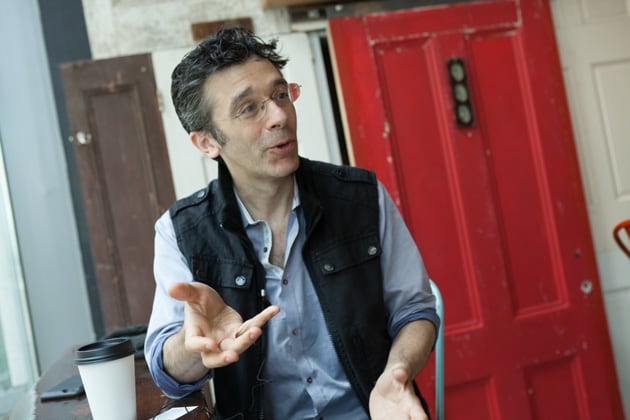 |
Telescope Magazine: We certainly find meaning in what we cannot streamline away. But there are those who love to simplify even their meals in the name of efficiency. For example, some tech people take nothing but protein-based drinks containing a day's worth of nutrients.
Kevin Slavin: Actually, that's a very good example of what happens if you apply the materialistic ethos to food. Our challenge is to raise the value of science and technology in society. We have to get people to think of science and technology not as something instrumental, but as something they love enough to believe in and fight for.
[Footnotes]
- *1
- Computational genomics: The study of deciphering biology from genome sequences and related data, including DNA and RNA, using computational analysis.





